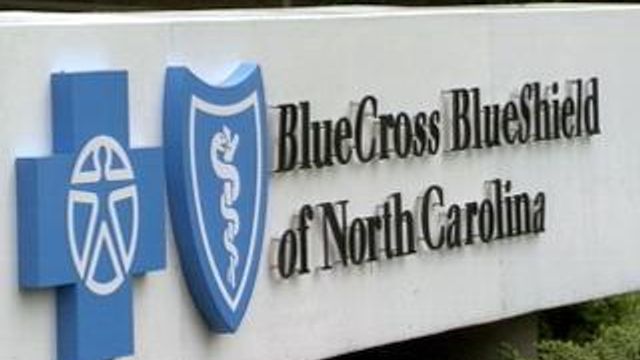Blue Cross approves Coats girl's treatment after online appeal
After two months of battling for insurance coverage for their 12-year-old daughter's rare condition, a Harnett County family turned to social media recently to ratchet up pressure on Blue Cross Blue Shield of North Carolina.
Posted — UpdatedFaced with the bad publicity of a growing Facebook campaign and the possibility of the state Department of Insurance ordering coverage, Blue Cross agreed Tuesday to pay for Ellen Whittington's treatment, the girl's father said.
About six months ago, Ellen developed auto-immune encephalitis, a rare condition in which the immune system attacks the brain, causing loss of language and motor skills. She can now only stomp her feet and clap her hands.
"This is not what we started out with," said her father, Brian Whittington.
Dr. William Gallentine, a Duke University pediatric neurologist, prescribed an intravenous treatment of immune globulin, or IVIG, that cost nearly $60,000.
Blue Cross denied coverage, arguing that there wasn't enough medical evidence to prove the treatment might help Ellen. Two subsequent appeals of the decision also were turned down.
"I have to believe in my heart that had she had this IVIG treatment when it was originally prescribed, then she may be running around kicking a ball and singing and dancing again," Whittington said.
"We were aware of this child's plight and had been working on it," said Dr. Don Bradley, chief medical officer for Blue Cross. "Clearly, the social media kind of brings more light to it, but the process was already in motion."
Blue Cross denies less than 5 percent of claims, and the unusual nature of Ellen's illness made the decision difficult in this case, Bradley said.
"When you look at this on the front line and you get these rare clinical syndromes – and as tragic and tough for the family as they are – we’re going to make sure that the family and the patient aren’t exposed to things that aren’t going to be effective, and frankly, harmful," he said.
Ellen is scheduled to begin her treatments at Duke on Wednesday.
"I didn’t set out to harm Blue Cross Blue Shield in any way with this. I just wanted my daughter to get the treatment she needed," Whittington said. "Not knowing if and when she was going to get treatment (and) not knowing how we were going to pay for it if Blue Cross Blue Shield didn't come through, that was the hard part."
Bradley said the case shows Blue Cross' system works.
"This was an expedited appeal – handled in relatively short fashion – and the patient is now getting the treatment that may or may not help them, but it’s at least the best effort as we in the clinical science know," he said.
• Credits
Copyright 2024 by Capitol Broadcasting Company. All rights reserved. This material may not be published, broadcast, rewritten or redistributed.





